BYTEPATH, a retro arcade shooter with a skill-tree inspired by Path of Exile has now been out for a whole year, so the developer has shared some details on how it went.
BYTEPATH is a replayable arcade shooter with a focus on varied play styles with RPG elements. The game has a huge passive skill tree, classes and different ships through which you'll be able to try out lots of different builds to achieve ever increasing high scores and eventually beat the game.
Expect BYTEPATH to be a mix of Bit Blaster XL and Path of Exile, created with the intention of expanding Bit Blaster XL's relaxing and addictive gameplay with Path of Exile's build depth, build diversity and RPG elements.
If you've never seen it before, take a look at the trailer:
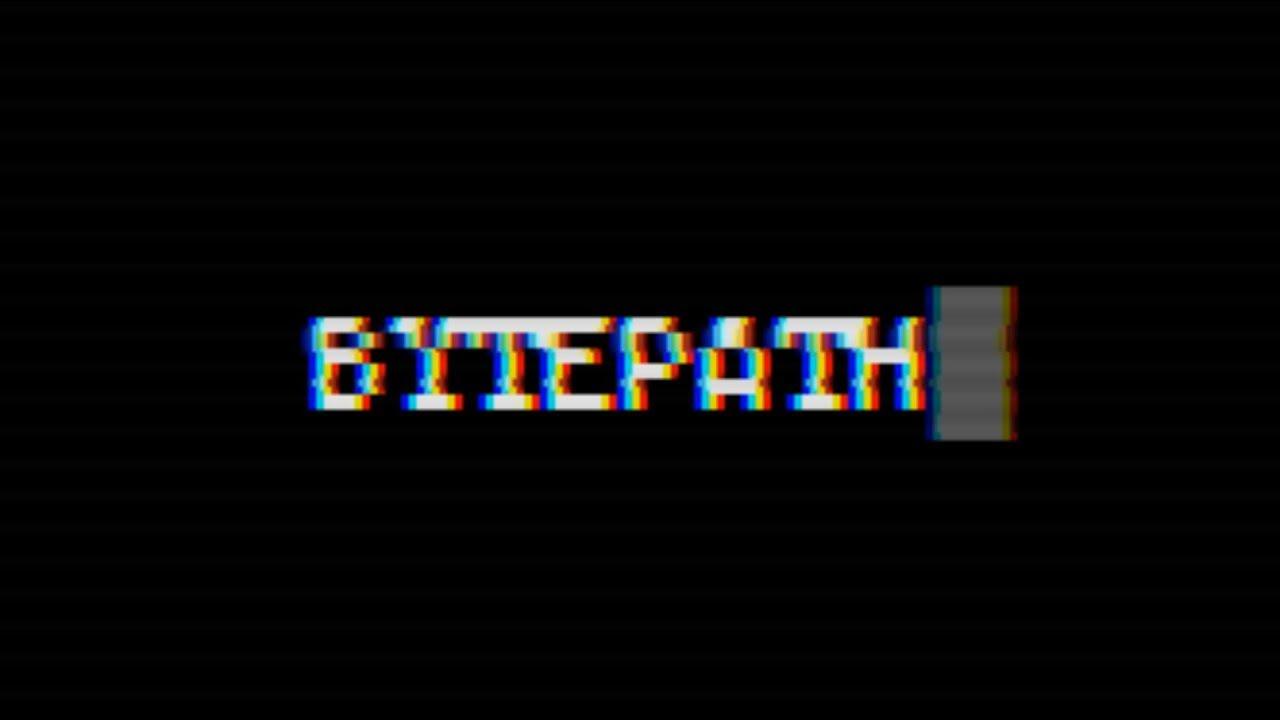
Direct Link
The developer has been regularly posting on GitHub, using it much like a blog to detail how everything went. I especially liked their developer tutorial series, giving a look at how it was all developed.
In one such post on that GitHub, the developer shared some sales shots like this:
Going by what that shows, it didn't exactly sell a huge amount across an entire year. It's a pretty niche game though, so this was to be expected. In a longer post on GitHub made earlier, the developer mentioned their original goal was simply to get the $100 fee back from Steam. To do this, they needed to sell at least 500 copies at $2 each to make $1000 to actually be eligible to get the $100 entry fee back. Obviously they exceeded that, hitting over 5,000 copies sold.
What the image tells us about Linux, is a similar story to Rise to Ruins, that Linux doesn't sell well in the Chinese market. Again here, Linux sold at a rate of around 6.84% which is well above the current Linux market share on Steam (0.82%). One thing I do find interesting, is that across that year Linux by itself nearly hit that 500 mark they wanted.
If you want to pick up a copy, you can do so on Steam.
Quoting: Purple Library GuyQuoting: SpykerI think we need the equivalent of GamingOnLinux in French, to spread the word about Linux gaming here in France (u_u)According to this, France is a total hotbed of Linux use--nearly 13% of sales! We're talking like double the level of the Anglosphere.
Also to a lesser extent Brazil and Russia. Although of course this is a pretty small sample.
Linux is quite vibrant in France (they even had their own distribution, Mandrake, back in the day), Germany (SUSE) and Scandinavia (Linus heritage after all) (I wonder what the sale stats for Scandinavia for this game is) and I remember that Brazil had some big projects for requiring Open Source for government systems a few years ago.
Quoting: dpanterHave had this on ignore for a long time... read this article, watched the trailer, read some comments... still felt like ignore was the right choice.
Then I watched this review and immediately wishlisted it. :)
Nice review! Convinced me to buy it :)
Quoting: F.UltraI wonder what the sale stats for Scandinavia for this game isSame. Would prefer not being lumped into "other". :|
Quoting: F.UltraI used to use it. In its heyday, it was the best desktop Linux there was, hands down.Quoting: Purple Library GuyQuoting: SpykerI think we need the equivalent of GamingOnLinux in French, to spread the word about Linux gaming here in France (u_u)According to this, France is a total hotbed of Linux use--nearly 13% of sales! We're talking like double the level of the Anglosphere.
Also to a lesser extent Brazil and Russia. Although of course this is a pretty small sample.
Linux is quite vibrant in France (they even had their own distribution, Mandrake, back in the day)
Quoting: PatolaI think you're looking at the figures wrong. The percentage column seems to just mean that country represented that percent of total sales. The Linux percentage can only be derived by dividing the number of Linux units by total units for that country. In the case of Russia it's 22/220, 10%. In the case of Japan it's 1 measly Linux unit out of 214 total, less than half a percent. So your intuition and experience absolutely does match these figures.Quoting: PJso it seems Linux percentage sucks on Asian markets, while on other it seems higher than I'd though. Interesting.Asian? No, we got the numbers for Russia, China and Japan, it doesn't make the most of Asia; there are indian people, iranian people, thai people and many other ethnic populations. Having said that... what's wrong with these people? What japanese and chinese have against Linux to use it so sparingly? That makes me really curious. Curiously enough, even though for this game the russian percentage is the same as the japanese percentage, I see russians contributing with open-source software a lot more often.
Quoting: Purple Library GuyI used to use it. In its heyday, it was the best desktop Linux there was, hands down.Mandrake Bluebird and Dolphin are what convinced me to switch fully over to Linux.
So, count another Linux sale up there.
Quoting: Purple Library GuyQuoting: F.UltraI used to use it. In its heyday, it was the best desktop Linux there was, hands down.Quoting: Purple Library GuyQuoting: SpykerI think we need the equivalent of GamingOnLinux in French, to spread the word about Linux gaming here in France (u_u)According to this, France is a total hotbed of Linux use--nearly 13% of sales! We're talking like double the level of the Anglosphere.
Also to a lesser extent Brazil and Russia. Although of course this is a pretty small sample.
Linux is quite vibrant in France (they even had their own distribution, Mandrake, back in the day)
Same here, got it pre-installed on a machine from Compaq (yes Compaq soled machines with Linux pre-installed for a while) back in 2001/2002 I think it was which my wife used as her main machine for several years before the hardware broke down.
Last edited by F.Ultra on 28 February 2019 at 7:37 pm UTC
Quoting: EikeI've got a question: I avoided sales lately and bought full price. Is there a chart for Steam developers where they can actually see the money per OS instead of units sold?I would assume so, I would assume they see every last stat possible and where every dollar comes from. So buying full price is always a good idea.
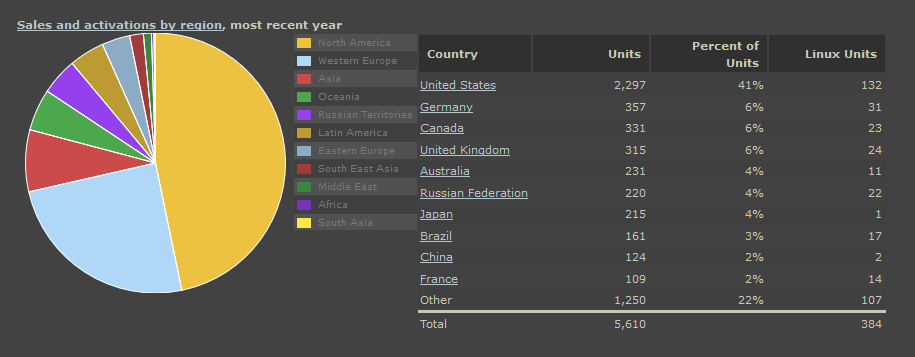

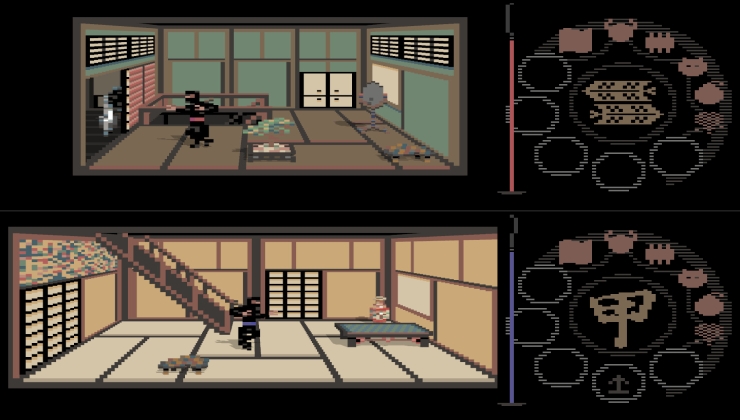
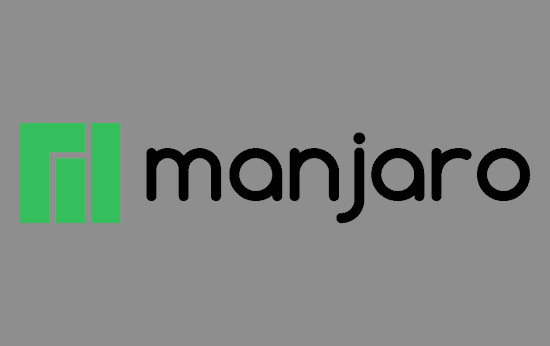
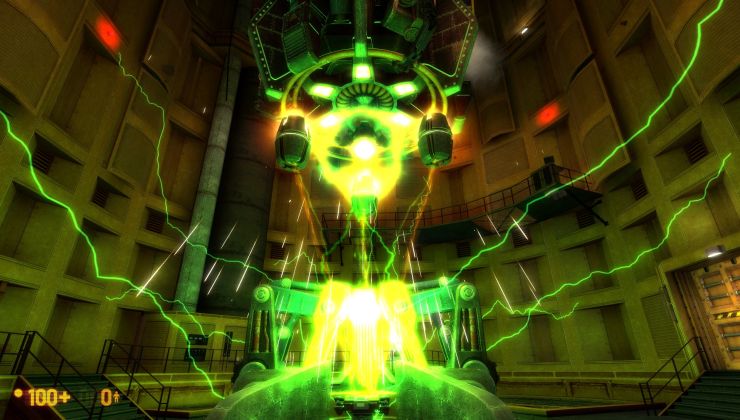





See more from me